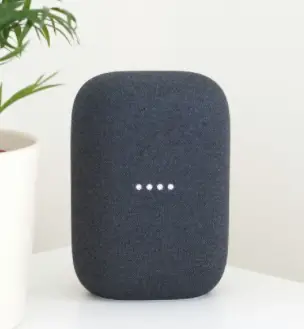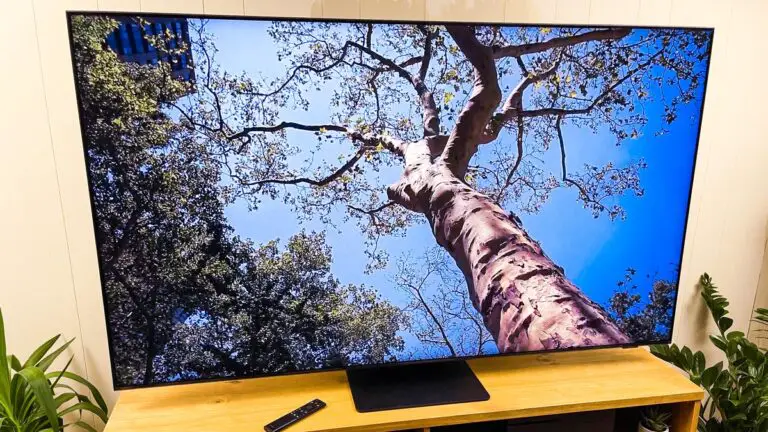With the advent of technology, the concept of entertainment has evolved significantly. One such change is the emergence of smart TVs, which offer a range of features such as internet connectivity, streaming apps, and voice control.
While smart TVs have become popular in recent years, they are not the only option available for consumers. In fact, non smart TVs, which lack the smart features of their counterparts, may offer a better viewing experience for some.
In this article, we will explore the disadvantages of smart TVs, the benefits of non-smart TVs, and why a non smart TV might be your best option for upgrading your viewing experience.
Will my Smart TV regularly Update the Software?
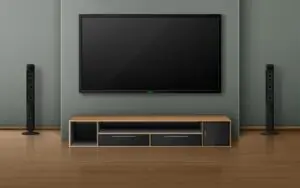
All major smart TV manufacturers update the software to add new features. The updates usually refine the old software and patch bugs within the software and security issues.
The Rise of Smart TVs

Let’s discuss the rise of Smart TVs in detail.
Definition of Smart TV
A smart TV is a device connected to the internet and used for entertainment. Moreover, an operating software (OS) runs the device.
Advantages of Smart TV
Smart TVs possess certain advantages in the modern era. You can stream your favorite shows on the go. Moreover, you can watch videos on demand (VOD). The new models, however, support voice assistants to help search the content from the TV with a voice command.
The Problem with Smart TV
The main problem of smart TV that the non smart TVs take advantage of is that smart TV can be used as a spy by hackers. Moreover, your watching history can be tracked by the manufacturer and sold to streaming companies.
The Disadvantages of Smart TVs

Here are its disadvantages.
Security and Privacy Issue
The Internet of Things is the worst nightmare of a living being, and they are at risk of a security breach. Automatic Content Recognition (ACR) is a system used by companies to track the watching history of users; therefore, you see relevant ads.
Complex and Unnecessary Features
Complex and unnecessary features and buttons are the first and foremost red flags for a smart TV over non smart TVs. You often find pressing and toggling buttons to search for a specific program on the smart TV.
Short Lifespan
The lifespan of a smart TV depends on how you use it and how much you use it daily. The average lifespan of LEDs in the smart TV is 40000 to 60000 hours, which equals 4.5 to 6.8 years.
The Benefits of Non-Smart TVs
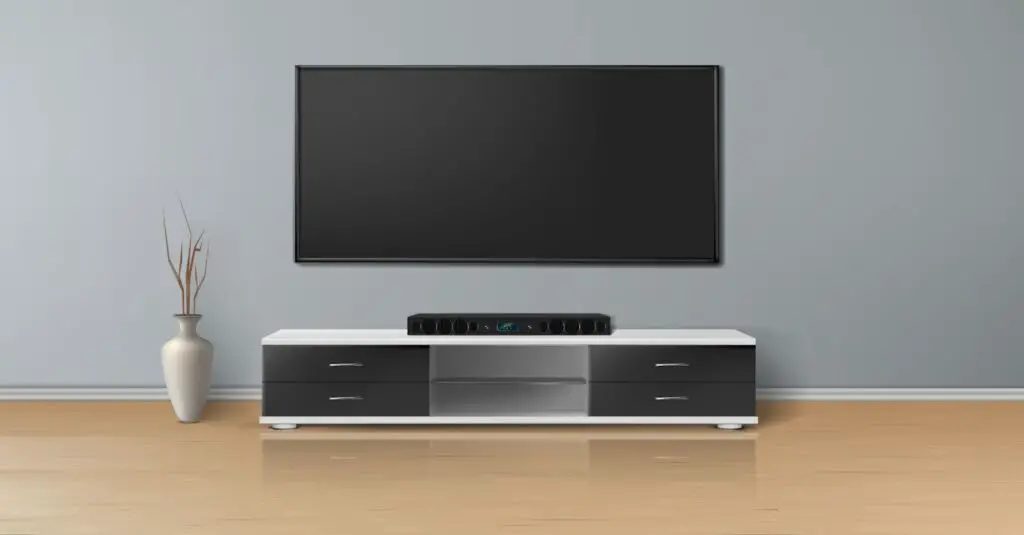
Let’s discuss the benefits of non-smart TVs.
Simple and Easy to Use
Using a non smart TV is like child’s play. You don’t have to run around the system to watch your favorite shows. Moreover, you don’t need to hover around the remote to search for a specific show.
Longer Lifespan
Who wishes to break the bank often on a new TV? Non smart TVs are known to have a longer life because you won’t keep watching them once your favorite show on a particular channel ends.
Cost-Effective
Smart TVs are heavy on pockets. Therefore, if you don’t have the budget, you can go for a non smart TV which may be dirt cheap compared to a smart TV.
Visit our TV category to learn more about TVs.
How to Buy a Non Smart TV
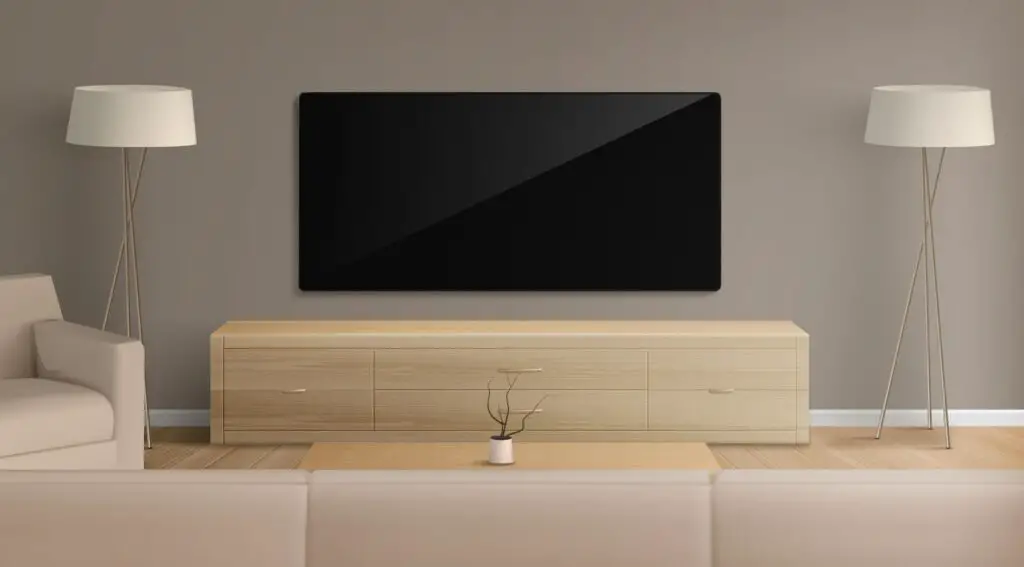
The following are the factors to consider before buying a non smart TV.
Factors to consider
Screen Size
Screen size mainly depends on the viewing distance and angle. However, when buying a non smart TV, you have limited sizes. You won’t get a whooping 75-inch LED in a non smart TV.
Display Technology
Display technology in the earlier days was plasma TVs, whereas now you see a variety of OLED, QLED, and LCDs. Do your research to know what may be best for you.
Resolution
For non smart TVs, you might only get 1080p and 720p resolution. Getting a 4K resolution TV in non smart TVs may not be an option; therefore, there may be other options than an 8K resolution TV.
Inputs and Outputs
Usually, a non smart TV lacks multiple HDMI ports; therefore, look for how many HDMI ports you might require and what the TV offers. However, an HDMI switcher can be added aftermarket if you need multiple HDMI ports.
Popular Non-Smart TV brands
What are the popular brands? Let’s find out.
Samsung
Samsung has had its name and fame in the technology world for now. It provides high-quality images with vibrant colors. The videos you watch give a real lifelike experience.
LG
LG is an excellent alternative for people looking for a non smart TV that is easy on pockets. LG may offer two HDMI ports in their budget-friendly non-smart TVs.
Sony
Do you like a TV with high resolution? Sony offers non smart TV that is fast-paced and delivers high resolution. Moreover, the direct-lit LED panels with frame dimming give a more appealing look on a TV.
Toshiba
Toshiba is a reputable brand everyone knew for decades ago. Therefore, one can trust them with their TVs too. Moreover, the price range also ensures the non smart TV’s durability.
Vizio
Although new in the market compared to those mentioned above non smart TV brands, Vizio has made its space in reliable TVs. You can trust the brand when looking for budget-friendly non smart TV.
Best Non-Smart TV Models in the Market
Here are our best packs for you.
Toshiba 32LF221U21
The model of Toshiba’s non smart TV under discussion offers HD-quality pictures. Moreover, the color accuracy and contrast are robust. The TV also provides an HDMI and USB port that allows you to watch movies from any connected device.
TCL 32S325
The TCL non smart TV is a 32-inch TV that suits well for smaller spaces. The TV is a matte plastic that only slightly appeals to the buyers. Moreover, the TV comes with a single USB port. The TV, however, has three HDMI ports; the audio it supports is a Dolby Audio signal.
Sony KDL32W600D
The 32-inch non-smart TV does not impress with the picture quality; however, for the price bracket, it is satisfactory. Moreover, the speakers it comes with are pretty loud and top-notch. The contrast ratio of the dumb TV is also poor.
Samsung UN32M4500A
What if you have a limited budget? Samsung also has a mid-range non smart TV that offers decent performance. The LED produces vivid and crisp colors. Moreover, it has five-watt speakers to enlighten the room with powerful sound.
Vizio D32F-G1
When laying hands on a dumb TV, one inevitably wants to get a Tv with a good-quality picture. Therefore, Vizio has been making good-quality TVs that produce HD-quality images. Moreover, the pictures at full brightness give a fantastic output.
Why You’d Want a Non Smart TV?

Here are the things that will compel you to have a non smart TV.
Privacy and Security
Dumb TVs ensure the privacy and safety of their users. The reason is that the manufacturers do not monitor your watching history. Moreover, you can enjoy the TV or USB on the go.
No Unnecessary Features
Smart TVs have specific options on the remote which are not required. Even the OS may contain some features that might be for someone else. Hence, a dumb TV may avoid the unnecessary features the TV might hold.
Cost-Effective
Everyone wants a TV with good features and image quality that is cheap as chips. Therefore, a dumb TV may be your go-to as these are not heavy on pockets.
Longevity
You might purchase a TV once in a while, but often the target for purchasing a TV is to use it till it lasts. Therefore, a dumb TV may offer a good life as you might only watch your favorite show rather than binge-watching Netflix on a smart TV.
Alternatives to Smart TV Features

If you are looking for alternatives, here are some:
Streaming Devices
Streaming devices are taking a toll with each passing day as they convert your non smart TV into a smart TV. A few streaming devices are discussed below.
Amazon Fire TV Stick
Amazon Fire Stick is one of the leading streaming devices. It works well on a non smart TV, and above all, it supports Alexa Voice too. You can use Amazon Prime, Netflix, and Youtube, and even download live TV apps to watch TV and movies online.
Roku Streaming Stick
The Roku streaming device has the most uncomplicated interface to navigate. Moreover, to enjoy 4K streaming, your dumb TV must also be 4K enabled.
Google Chromecast
Google Chromecast is one of the older streaming devices suited best for dumb TVs. It houses a Google TV within, preventing you from connecting your smartphone to the Chromecast. You can search for shows via voice command to Google Assistant too.
A youtube video attached below will help you understand smart TV alternatives in the context of streaming devices.
Gaming Consoles
Xbox One
The Xbox One is one of the favorite devices for its users as it supports streaming apps and gaming. Therefore, this Xbox One is the best choice for a gaming freak who loves watching movies online.
PlayStation 4
Playstation 4 has an optical drive that supports CD, DVD, and Blu-Ray. Moreover, you can also play videos by plugging in an external hard drive; therefore, you can opt for one easily.
Blu-ray Players
Streaming devices and services have taken a toll on your content viewing; therefore, it can vary depending on your TV’s type of streaming device and operating system. Hence, if you want to get the most out of the viewing experience, Blu-ray players are the best shot.
Conclusion
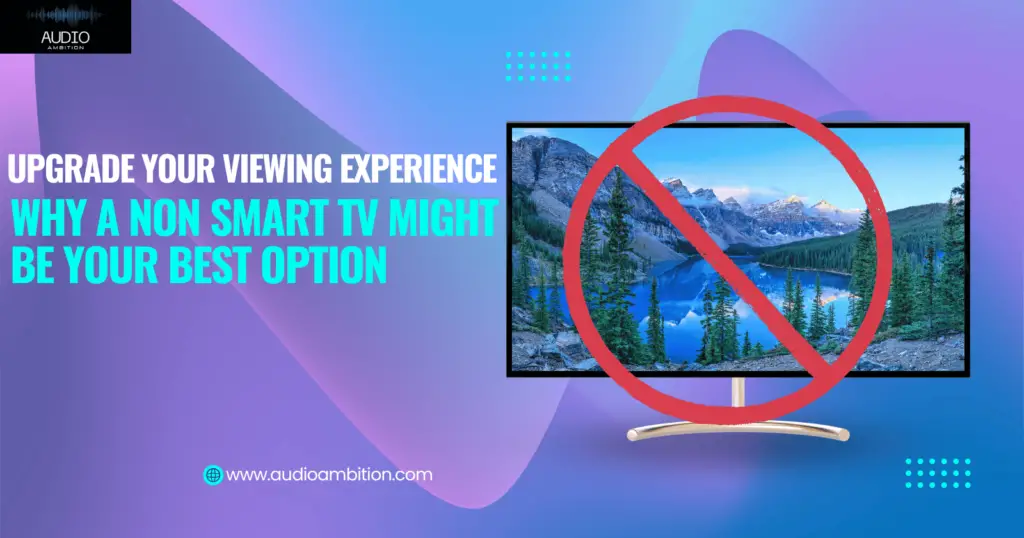
You may find a considerable market for TVs that offer premium options and features such as voice commands and 4K resolution. However, all these features are fruitless if you use your TV.
Therefore, looking for a non smart TV with a good display and robust sound quality makes the viewing experience top-notch. Look for a dumb TV that offers value according to its cost.



